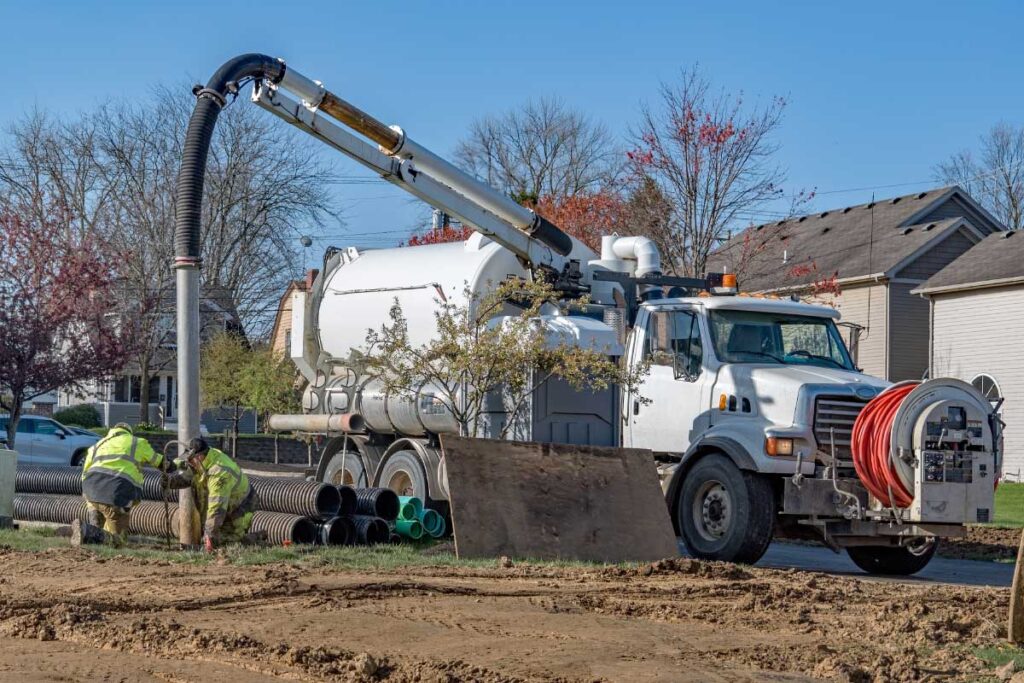Tips for Improving Truck Roll Efficiency
- Plan Ahead:
One of the best ways to improve truck roll efficiency is to plan ahead. By knowing what needs to be done and when, you can avoid costly mistakes and delays.
- Stay Organized:
Another key to improving truck roll efficiency is staying organized. This means having a system in place for tracking work orders, scheduling appointments and keeping track of inventory.
- Be Flexible:
In some cases, the well-devised plans will go awry. When this happens, it’s important to be flexible and adaptable. This might mean changing the order of tasks or switching to a different type of truck altogether.
- Communicate Effectively:
Effective communication is critical for improving truck roll efficiency. This includes communicating with dispatch, drivers and customers. Make sure everyone is on the same page and knows what needs to be done.
Analyzing Data with IFS Service Management
In any business, time is money. This is especially true in the service industry, where every minute counts when it comes to getting a job done right.
But how can you be sure that your team is making the most of their time?
One way to do this is by using IFS Service Management to analyze your data and maximize truck roll efficiency.
IFS Service Management provides a complete view of your service organization, including work order status, customer information, asset details and more. This data can be used to identify trends and inefficiencies in your operations. For example, if you see that many of your work orders are being assigned to the same technician, you can investigate why this is happening and make changes to improve efficiency. You can also use IFS Service Management to schedule truck rolls more effectively.
By looking at data such as customer location, projected completion time and parts availability, you can make sure that each job is scheduled in a way that minimizes wasted time and travel expenses.
Effective Strategies for Tracking Progress and Assessing Performance
There are several effective strategies for tracking progress and assessing performance in IFS Service Management. One key strategy is to use the IFS Dashboard. The dashboard provides users with a real-time view of their operations, including critical KPIs such as service levels, response times and customer satisfaction rates. Additionally, the dashboard allows users to track progress on individual truck rolls and identify areas for improvement.
Another effective strategy for tracking progress and assessing performance is to use IFS’s Service Request Management Module. This module provides users with a complete view of all service requests, including those that are in progress, closed, or waiting to be assigned. Additionally, the module allows users to track the status of each request and ensure that it is being handled promptly and on time.
Another key strategy for tracking progress and assessing performance is to use IFS’s Reporting and Analytics Module. This module provides users with access to a variety of reports that can be used to track progress on truck rolls and assess overall performance. Additionally, the module allows users to generate custom reports based on their specific needs.
Overall, IFS Service Management is an efficient way to maximize truck roll efficiency. By streamlining operations and automating manual processes, businesses have been able to reduce operational costs while improving customer satisfaction. This results in increased productivity and higher profits for the company. Furthermore, IFS Service Management provides advanced features such as analytics, workflow optimization and mobile capabilities which further enhance performance. Ultimately, by utilizing IFS Service Management businesses can ensure that their truck rolls are optimized for maximum efficiency and profitability.
To learn more about maximizing your truck roll, contact us we can help!






